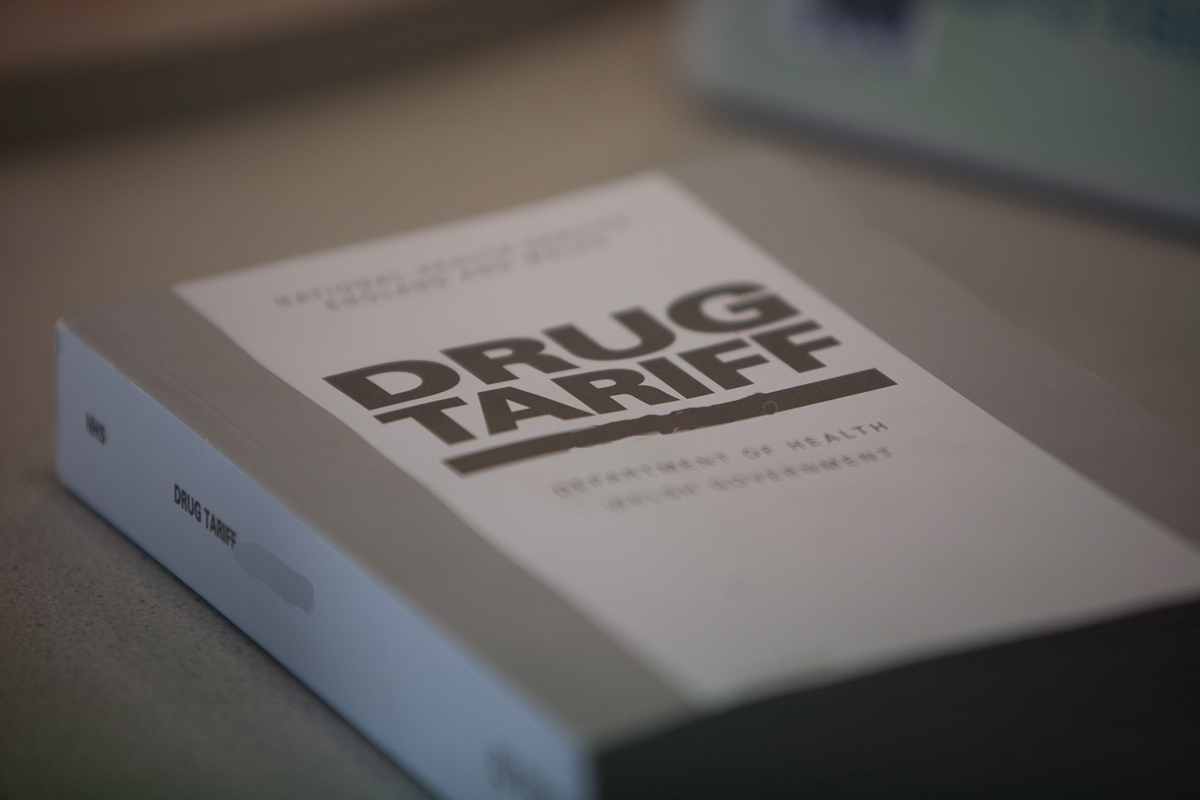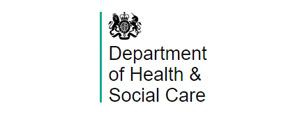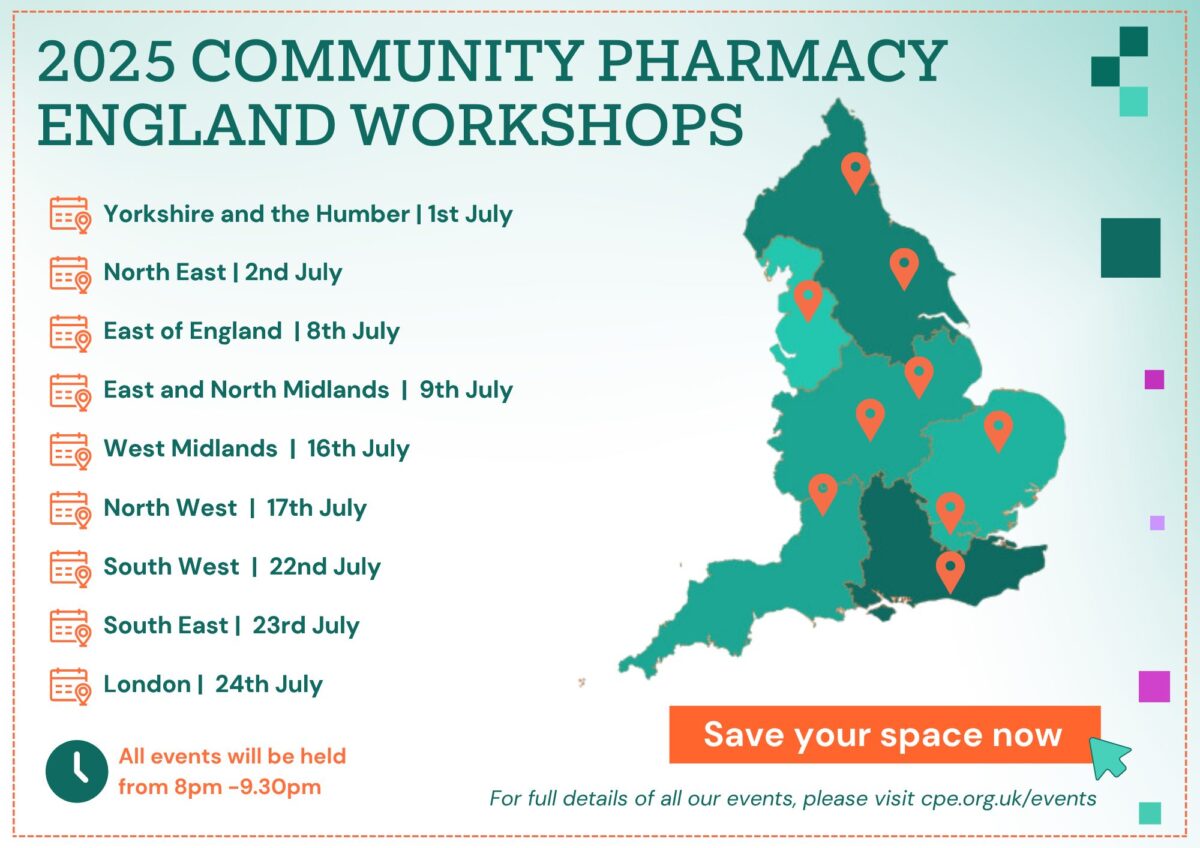Autumn Statement: Community Pharmacy England calls for increased support for pharmacies
The Chancellor of the Exchequer, Jeremy Hunt, gave his Autumn Statement to Parliament yesterday (22nd), setting out future Government spending plans.
One of the key announcements in the Statement was that the National Minimum Wage (NMW) is set to increase from £10.42 to £11.44. Minsters said this represented a rise of more than £1,800 a year for a full-time worker, the third largest increase in real terms since the living way was introduced in 2016. Community Pharmacy England is cognisant of the impact that this will have on the already immense financial pressures that pharmacy owners are grappling with.
Mr Hunt also pledged to reform welfare, which includes plans to remove free prescriptions from job seekers who are judged not to be looking for work. This will place a heavy burden on pharmacies who may now be forced to refuse medicines to their patients at a time when people are still struggling with their finances.
Other announcements that may affect pharmacy owners include:
National Insurance cut
- The self-employed will benefit from changes to two other areas of National Insurance specific to them. Hunt said this would save a self-employed person about £350 a year.
Tax breaks for businesses
- The government is making permanent a tax break for businesses which allows them to offset investment in machinery, IT and equipment against corporation tax.
- It is also extending business rate relief for many small firms, including pubs and other hospitality businesses.
Janet Morrison OBE, CEO of Community Pharmacy England, said:
“The Autumn Statement overlooks the knock-on effects these measures will have on small businesses like community pharmacies. The majority of pharmacies employ staff on or around the NMW, which has increased nearly 40% since the start of the current contractual framework. This is at a time when pharmacies have had a 30% real terms reduction in funding since 2015. No viable business can absorb these cost increases without significant support. This is just another cost pressure that pharmacies cannot control and it must be addressed through a sustainable, long-term funding arrangement.
The Statement didn’t of course mention the £645m recovery plan funding for our sector, but we have been clear that this is not the panacea to reverse all of the pressures on pharmacy businesses. The pharmacy sector requires ongoing support. Our sector should have been acknowledged and offered further support; just as other vital health services were.”








